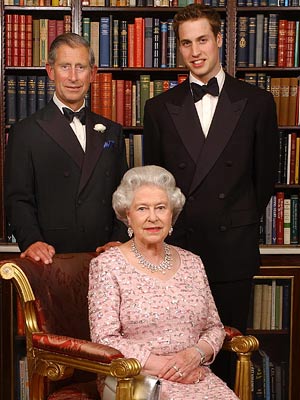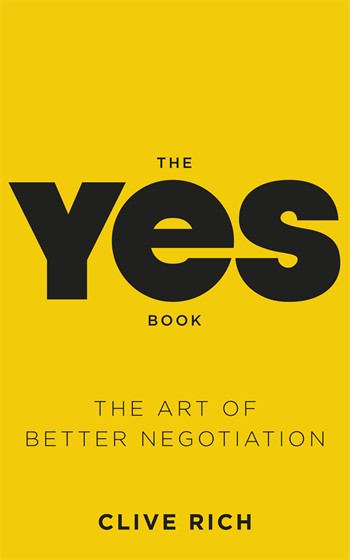 As the Queen’s Diamond Jubilee approaches, there is mounting excitement around the Royal Family and the special events which are taking place. Amid the well-deserved plaudits and commendations for the marvellous job done by the Queen and Prince Phillip over the last 60 years, attention may also focus on the succession. The Queen, aged 85, is in remarkable health but cannot go on forever and Prince Phillip’s recent heart scare, at the age of 90, shows that even his resilience has its limits. This could give rise to a very interesting negotiation.
As the Queen’s Diamond Jubilee approaches, there is mounting excitement around the Royal Family and the special events which are taking place. Amid the well-deserved plaudits and commendations for the marvellous job done by the Queen and Prince Phillip over the last 60 years, attention may also focus on the succession. The Queen, aged 85, is in remarkable health but cannot go on forever and Prince Phillip’s recent heart scare, at the age of 90, shows that even his resilience has its limits. This could give rise to a very interesting negotiation.
Who should succeed the Queen? Will it be the current rightful heir, Prince Charles, or will the Crown skip a generation and pass to his own son, Prince William?
The subject may be too delicate to raise around the dining table at Buckingham Palace, but a tacit negotiation must surely be going on. However selfless the Queen is, securing a smooth succession will be her priority – just as it has been for any Regent since the Middle Ages and earlier. For this reason she may want to delay the decision for as long as possible, feeling that if she steps down then this will inevitably provoke a debate about the nature of the monarchy itself, and whether it is still a relevant concept for a modern age. That said, there must also be a time coming when she feels she can no longer carry the burden herself – particularly if Prince Phillip were to be too unwell to support her anymore, or, worse still, if he was to die.
So, who would she choose to succeed her when the time comes? Both Charles and William may feel strongly that they should be chosen. Prince Charles sometimes seems to yearn for a purpose beyond the many good causes that his charitable work supports. He has been waiting a long time and from a negotiating point of view you would say that for him, as for any Prince, there must be a strong “belonging” need to belong to that club of Princes who have gone on to become a King. William must share that aspiration, though it remains to be seen whether the difficult times endured by his mother as a member of the royal family temper that desire or make him hungrier to achieve the status of King – does her fate make him feel like he has unfinished business to attend to?
From the Queen’s point of view, Charles has the advantage of formally being the next in line. This means he has “rules and regulations” on his side, which is always an important source of bargaining power. It is hard to think of any recent instance within the Royal family where the rightful heir has willingly abandoned the throne to a younger relative. Moreover think of the constitutional crisis which was caused the last time this happened (when Edward the Eighth abdicated). The Queen will certainly remember that with a shudder as it was her own Father who reluctantly became King, and she will not want to precipitate a similar crisis. Charles also has the advantage of age and Maturity (if not experience) on his side which give him some “authority” – another important source of bargaining power. On the other hand Charles is already nearly a pensioner and it is not a certainty that the nation would take either him or Camilla to their hearts should he become King.
William doesn’t have the age or maturity of his father and is equally inexperienced. He is also not the natural heir and is himself only half royal. Furthermore, Kate is a “commoner” – so their child and the next King after William would technically be only one quarter “royal”. These factors all mean that William lacks the “authority” bargaining power of his father in any negotiation for the role of future King. However, William (and Kate) have certain other sources of bargaining power, which make him a very strong candidate. They are young in an era which celebrates youth; they are handsome in an age which celebrates looks; they are hugely popular in an age which celebrates the X Factor. These attributes give William “marketing” bargaining power in relation to the royal brand. They also give him “network” bargaining power through his and Kate’s ability to reach the hearts and minds of the British people. These are both important sources of bargaining power.
It’s going to be a fascinating negotiation. A private negotiation where we will probably never have the inside track, but a negotiation of which we will all be fascinated to learn the outcome.

